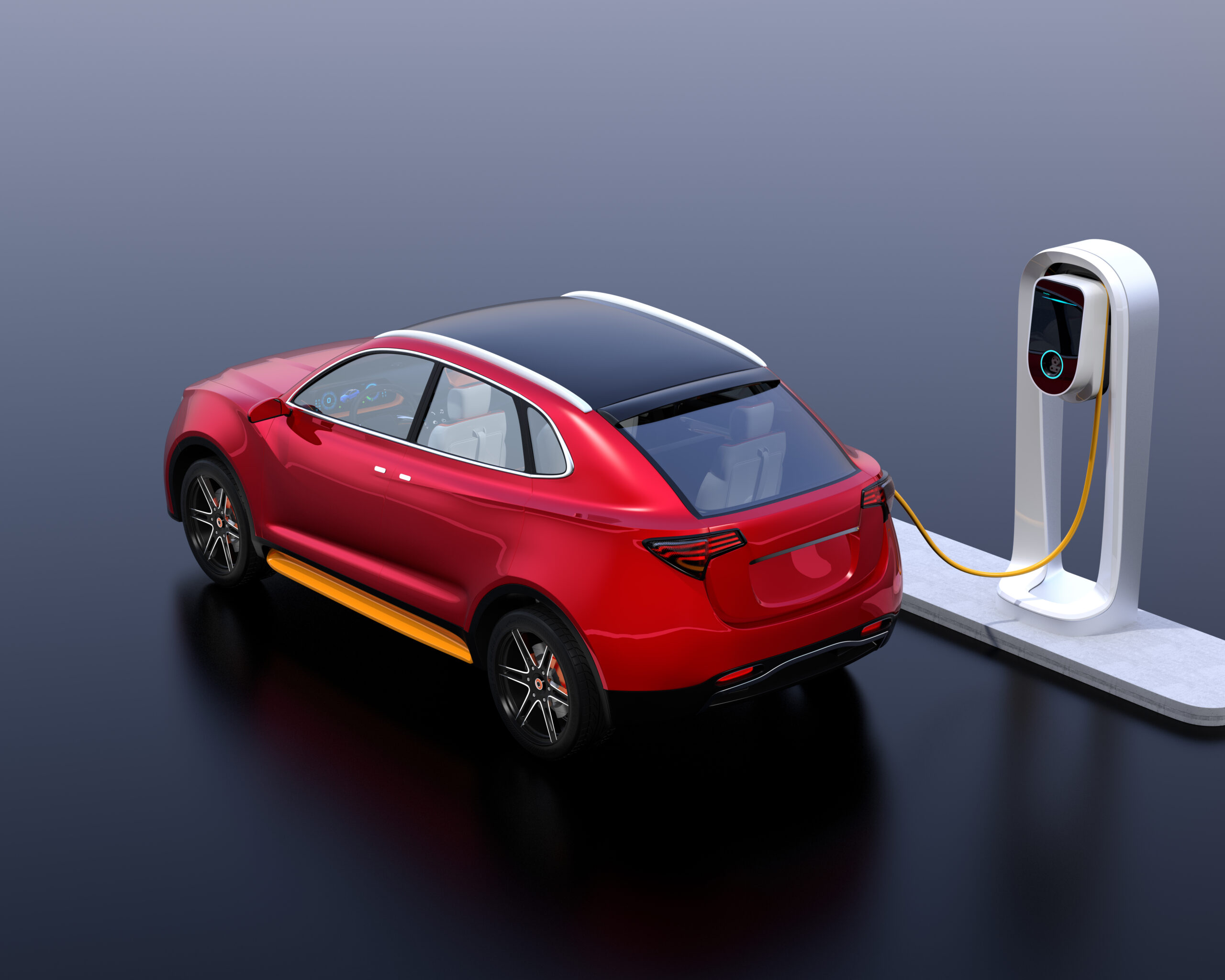S h a r e
Why the size of your EV will affect your ESG agenda


Posted by
Andy Bruce
March 2023
We’ve been tackling some of the issues surrounding the transfer to a decarbonised fleet.
These include whether an electric vehicle (EV) is dirtier than an petrol or diesel (ICE) car – no it’s not, but it’s not black and white either. Or what happens to old EV batteries, mainly they go to second use. As well as many of the urban myths surrounding EVs.
As you may be aware, we are members of EV100, an organisation of businesses dedicated to decarbonisation, and we are keen to move our fleet electric by 2030.
But it seems that simply choosing electric for your fleet is slightly more complex. Because it depends on the sort of EV you choose.
Now, EVs tend to be heavier cars because of the weight of the battery. However, this weight issue is further exacerbated by the fact that most EVs that have been produced are SUVs, adding further weight to the problem. And according to the latest research from Green NCAP – a consortium hosted and supported by Euro NCAP – it also has a significant impact on how green the vehicle really is.
All EVs have a carbon footprint because of their manufacture. This is balanced by the zero emission tailpipe emissions which makes them cleaner overall than traditional ICE cars.
So what Green NCAP has done is to assess a variety of vehicles – EV, ICE and hybrids – with a Life Cycle Assessment (LCA) to investigate the total greenhouse gas emissions (GHG) and primary energy demand (PED) created throughout the entire life cycle of a vehicle.
In terms of Life Cycle Assessment, EVs remain absolutely the way to go, offering 40-50% fewer greenhouse gas emissions. When it comes to primary energy demand (to build the car), there’s little in it.
But when it comes to vehicle mass, then that’s the critical issue. The bigger the EV SUV, the greater the mass, which has a direct environmental impact: more energy to build, and more electricity required to move it down the road.
Aleksandar Damyanov, Green NCAP’s Technical Manager, offered quite an alarming message:
“Electric vehicles and electrification in general offer huge potential in reducing greenhouse gases, but the ever-increasing trend of heavier vehicles diminishes this prospect. To counteract this, Green NCAP calls on manufacturers to reduce the mass of their products and calls on consumers to make purchasing decisions that not only consider the powertrain of their new cars, but also consider their weight.”
It’s one of the reasons I was so excited by the announcement of Volkswagen’s ID.2 – a sub £22,000 hatchback that will be perfect for fleets (think of it as an electric Golf for the new age).
But it has made me think. Any business considering its Environmental, Social and Governance (ESG) agenda will need to start thinking beyond fleet decarbonisation; they will need to start considering the electric vehicle type allowed on fleet choice lists.
I admit, this might be a step too far at the moment. Let’s face it, it’s been difficult enough just getting hold of electric cars recently!
However, as the choice of electric vehicle becomes wider, such considerations will start to surface, especially as ESG schemes come under greater scrutiny. Electrification matters, of course it does. But in the future, the fleet mix will be of greater importance.
You also might like…
If you liked this article then check out our posts about similar topics
First Drive: Why Audi’s Q4 e-Tron matters
The Company Car Sweet Spot for future-proofing your Fleet An Audi badge says professional without drifting into show-of...
First Drive: Jaecoo 7 – Range-Rover Looks on a £30k Budget
Why this newcomer matters China’s Chery Group is taking the UK by storm with a two-brand strategy: Omoda targets mains...
Good-enough lease rates aren’t good enough anymore: Introducing Multi-Bid Tendering
In a climate of persistent inflation, unpredictable tariffs and relentless cost pressure, “we’ve always done it this...
Become a Fleet Alliance business partner
I am writing to you about the opportunity to become a business partner of Fleet Alliance The commercial arrangement a...
Charting a Greener Course: Chris Rowthorn signs the Business Wales Green Growth Pledge
When seasoned automotive finance professional Chris Rowthorn left MotoNovo after more than two decades to become a Flee...
Outsourcing Your Fleet: 10 Reasons Fleet Alliance Makes Perfect Sense for Busy Fleet Managers
Running a large corporate fleet means you’re under constant pressure to hit cost, compliance, and sustainability targe...
What makes Fleet Alliance a winner in the SME fleet sector?
We all like an award, an additional trophy for the cabinet - the recognition is important and it’s always good to rece...
10 great cars to have on salary sacrifice 2025
Employers and employees are really catching on to salary sacrifice because you can drive a brand new electric car (EV) a...
Ready to make the management of your fleet more efficient?
Request a call back
